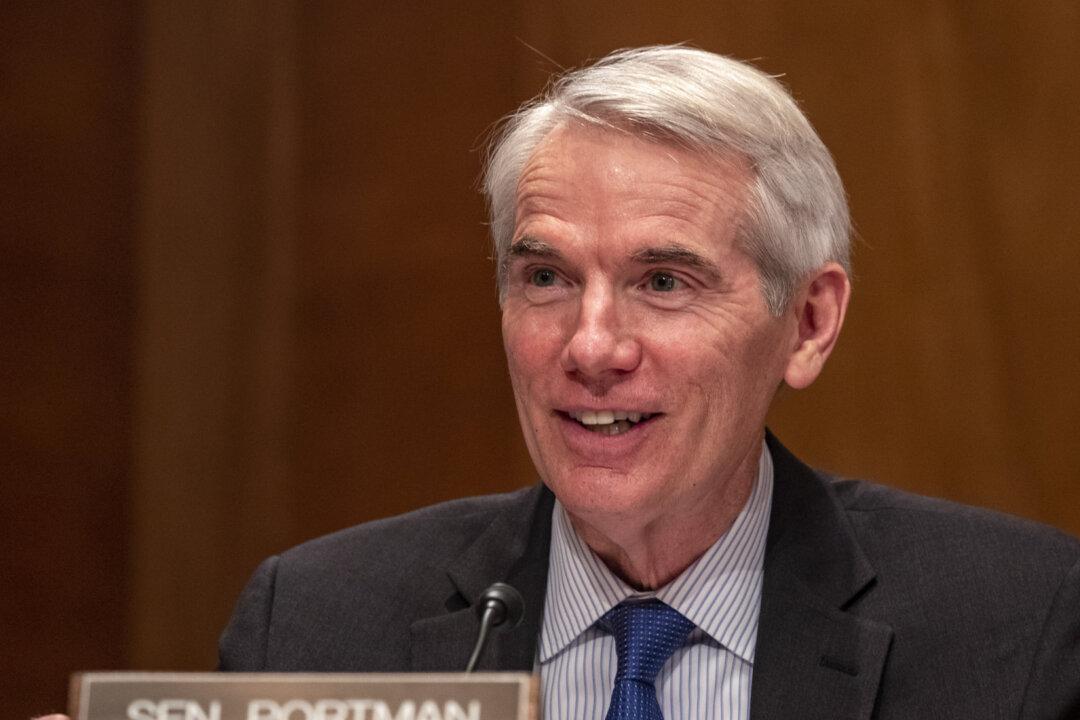Negotiation and compromise on both sides are needed to bring federal debt under control and avoid a national financial crisis, according to two fiscal policy experts, each having deep roots in one of the major political parties.
Though differing in their assessment of the best starting point for negotiation—Rob Portman, a Republican senator from Ohio from 2011 to 2023, and Jack Lew, secretary of the Treasury under the Obama administration and former director of the Office of Management and Budget—agreed that Republicans and Democrats must come together and find a solution for the financial well-being of the country.





